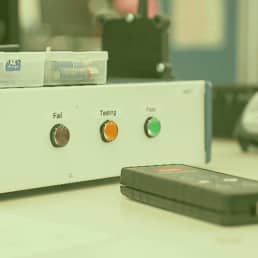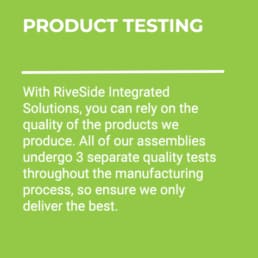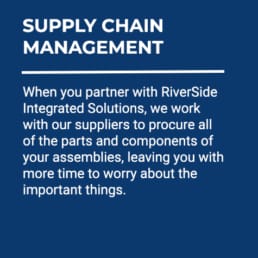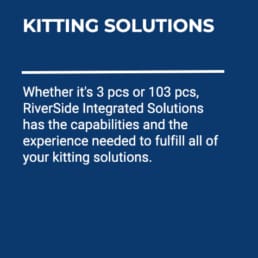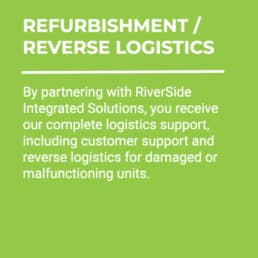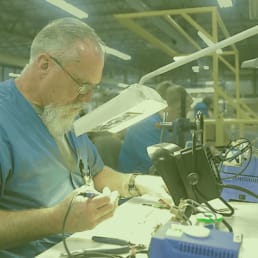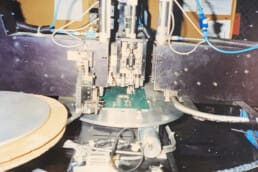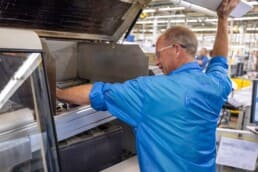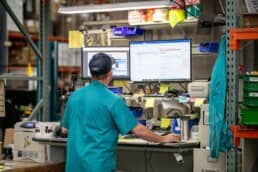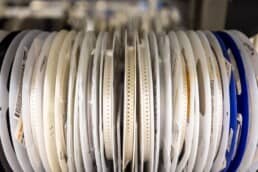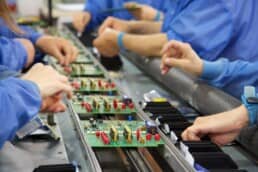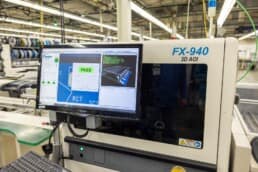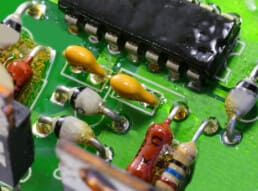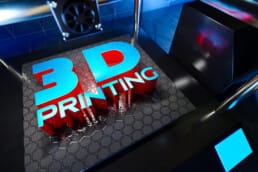Important Considerations for Choosing a Product Support Partner
OEMs who have outsourced the assembly of their products often wish to outsource the support of those products as well. This is usually accomplished when those OEMs team up with a full-service contract manufacturer. Contract manufacturers who provide such product support become both an extension and a representative of the OEM to their customers. In addition, the contract manufacturer also plays a vital customer support role as they help diagnose and resolve customer issues quickly, correctly and cost-effectively.
Product support is separate from engineering support. The former is heavily dependent upon reverse logistics, while the latter includes activities such as design for manufacturing (DFM) assistance and prototyping. On the other hand, there’s much overlap between production and product support since both require:
- Warehouse facilities
- Parts procurement and inventory management
- Staff with hands-on assembly and rework skills
- Packaging and shipping capabilities
In short, full-service contract manufacturers possess the personnel, processes and facilities required to deliver OEMs the product support they need over the lifecycle of their product.
But since OEMs still need to do their research and legwork to find the best product support partner, we’ve compiled a list of the most important considerations they should focus on.
Have they supported products like yours before?
This is the most crucial question when looking for a product support partner. Repairing electromechanical assemblies requires different tools and technical skills than handling returns and exchanges for commodity consumer packaged goods (CPG).
Likewise, performing component-level printed circuit board assembly (PCBA) troubleshooting for industrial and consumer electronics requires hot-air rework stations, soldering irons, digital multimeters and many more specialized tools and consumable materials (like RMA solder flux). Servicing a hydraulic or pneumatic assembly requires still other types of bench equipment, materials and hand tools.
Suppose the contract manufacturer has experience supporting products like yours. In that case, they will already have all that infrastructure in place, reducing the time needed to ramp up your product support program.
Do they have (and can they keep) personnel with the specialized skills necessary?
Not only does the contract manufacturer’s inventory of tools and capital equipment need to match the product type, but the skill set of their product support staff needs to fit as well. As we’ve discussed before, troubleshooting and repair work requires technician-level skills, which are a step above the capabilities of most assemblers—and with wages to match.
As an OEM, you should be asking how long the service and repair technicians have been with the employer, their turnover rate, and what continuing training and certification processes are in place.
A successful product support program also requires inventory management, operations and procurement skills. Full-service contract manufacturers can satisfy an OEM’s need for this expertise because they can provide these product support programs.
Do they possess the facilities necessary to support your equipment?
An outside product support partner must be able to warehouse, package and ship service parts and serviced products back to the customer. Depending on how many products you need supported, the volume of service work expected and the complexity of those products, some potential product support partners might need more space.
When selecting a contract manufacturer for product support, you should also monitor their total capacity. For example, could they handle the volume of returned product you are estimating? Perhaps more importantly, do they have the room and resources to increase their throughput if necessary?
Do you trust them with your customers?
Your customers are the reason your business is in business. Therefore, any outsourced product support team will be their primary contact point, especially for initiating the return material authorization (RMA) process.
Will that RMA experience lead to greater satisfaction with you, the OEM, resulting in continued—and hopefully increased—business with them in the future? We’ve explained in a previous article how reverse logistics can generate additional revenue streams, increase customer loyalty and even help drive product improvement by gathering customer feedback. Furthermore, those improvements can drive down future returns while cutting warranty repair costs if an OEM can close the loop between customer feedback and product design.
From handling new warranty claims to servicing products at their end of life, product support is a must. OEMs today need the peace of mind which comes from knowing a fully resourced, professional and experienced product support partner is keeping their product running and the customers satisfied.
With a complete offering of contract manufacturing services, ample warehouse and shop floor space, and focused expertise in electronics, electromechanical assemblies, and robotics, RiverSide Integrated Solutions continues to support high-tech products for our many OEM customers.
About RiverSide Integrated Solutions
RIS is an advanced contract manufacturer providing robust solutions in circuit board assembly and product assembly. We employ more than 350 people and provide services to OEMs worldwide. We operate two state-of-the-art manufacturing facilities within the US.
With all of the choices in contract manufacturers out there, we know it can be challenging to find someone who understands your business model and has your best intentions in mind. RIS has always proven to be a win-win-focused relationship.
As your one-stop shop, we have the capabilities, capacity, quality assurance standards and resources to support all of your manufacturing needs. We understand that supply chain management is complex and very time-consuming, so we urge our customers to utilize us in the fullest capacity.
Our total-package solutions include:
- Extensive supply-chain network
- Full box-build assembly
- Dedicated Program Team
- Warehousing, kitting and drop-shipping capabilities
- Reverse logistics
- Flexible order fulfillment
- Scalability to meet your needs
Contact us today at (507) 523-3220 to see how we can help with your manufacturing project, or click contact us for a quote.



